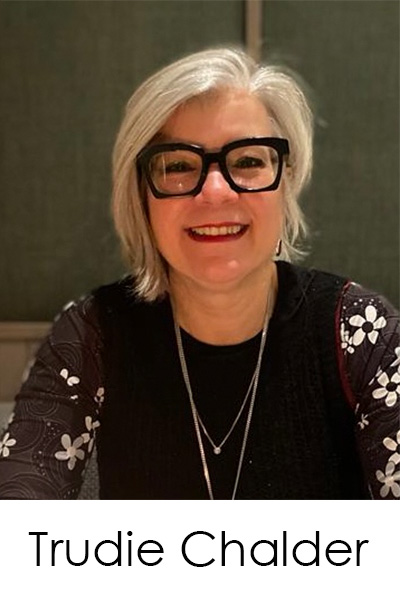Sly Saint
Senior Member (Voting Rights)
pre conference workshop:
https://babcp2023.org/pre-conference-workshops
Workshop Nine

Treating distress and persistent symptoms in people with physical health conditions: a process focused approach
Trudie Chalder, King’s College London, South London and Maudsley NHS Trust
More information...
Around 15 million people in the UK have a physical health condition which is long lasting ie. diabetes and inflammatory disease. Other serious health problems such as cancer can be treated with curative intent, but patients may be left with poor quality of life due to fear of recurrence and uncertainty.
Anxiety and depression are common and can be associated with difficulties with adjustment and / or may be linked to pre-existing difficulties such as low self-esteem. Impairment (degree of pathology) is not correlated with disability and multi-morbidity is common.
A transdiagnostic model of understanding common, physiological, cognitive, attentional and behavioural responses often perpetuate distress, symptoms, poor functioning and low quality of life.
This workshop focuses on how, illness behaviour, attentional, physiological and cognitive processes can be targeted in therapy to enable people to lead more fulfilled lives.
Key learning objectives:
Trudie Chalder is Professor of Cognitive Behavioural Psychotherapy at King’s College London. She has worked as a clinician and a researcher in the area of long-term conditions and functional symptoms for about 30 years. She develops specific cognitive behavioural models for understanding and treating symptoms and distress in these conditions and evaluates the approaches within the context of randomised controlled trials in primary and secondary care. The primary focus is always on improving people’s quality of life. Her research involves investigating not only whether treatment works in the context of gold standard randomised controlled trials but how and for whom it works. Her work spans adolescents and adults.
- To develop an understanding of the transdiagnostic model
- To draw on a suite of interventions to target transdiagnostic processes
Key references
Armes J, Chalder T, Addington-Hall J, Richardson A, Hotopf M. (2007) A randomized controlled trial to evaluate the effectiveness of a brief, behaviorally oriented intervention for cancer-related fatigue. Cancer. 110(6):1385-95. doi.org/10.1002/cncr.22923
Chalder T, Patel M, James K, Hotopf M, Moss-Morris R, Ashworth M, Watts K, David AS, Husain M. PRINCE Secondary: Transdiagnostic cognitive behaviour therapy for persistent physical symptoms. Psychol Med. 2021 Sept 7. doi.org/10.1017/S0033291721003615
James K, Patel M, Goldsmith K, Moss-Morris R, Ashworth M, Landau S, Chalder T. Transdiagnostic therapy for persistent physical symptoms: a mediation analysis of the PRINCE secondary trial. Behaviour Research and Therapy. 2022 Dec;159. doi.org/10.1016/j.brat.2022.104224
Matcham FAE, Ali S, Irving K, Hotopf MH, Chalder T. (2016) Are depression and anxiety associated with disease activity in rheumatoid arthritis? A prospective study. BMC Musculoskelet Disord. 2016;17(1):155. doi.org/10.1186/s12891-016-1011-1.
https://babcp2023.org/pre-conference-workshops
